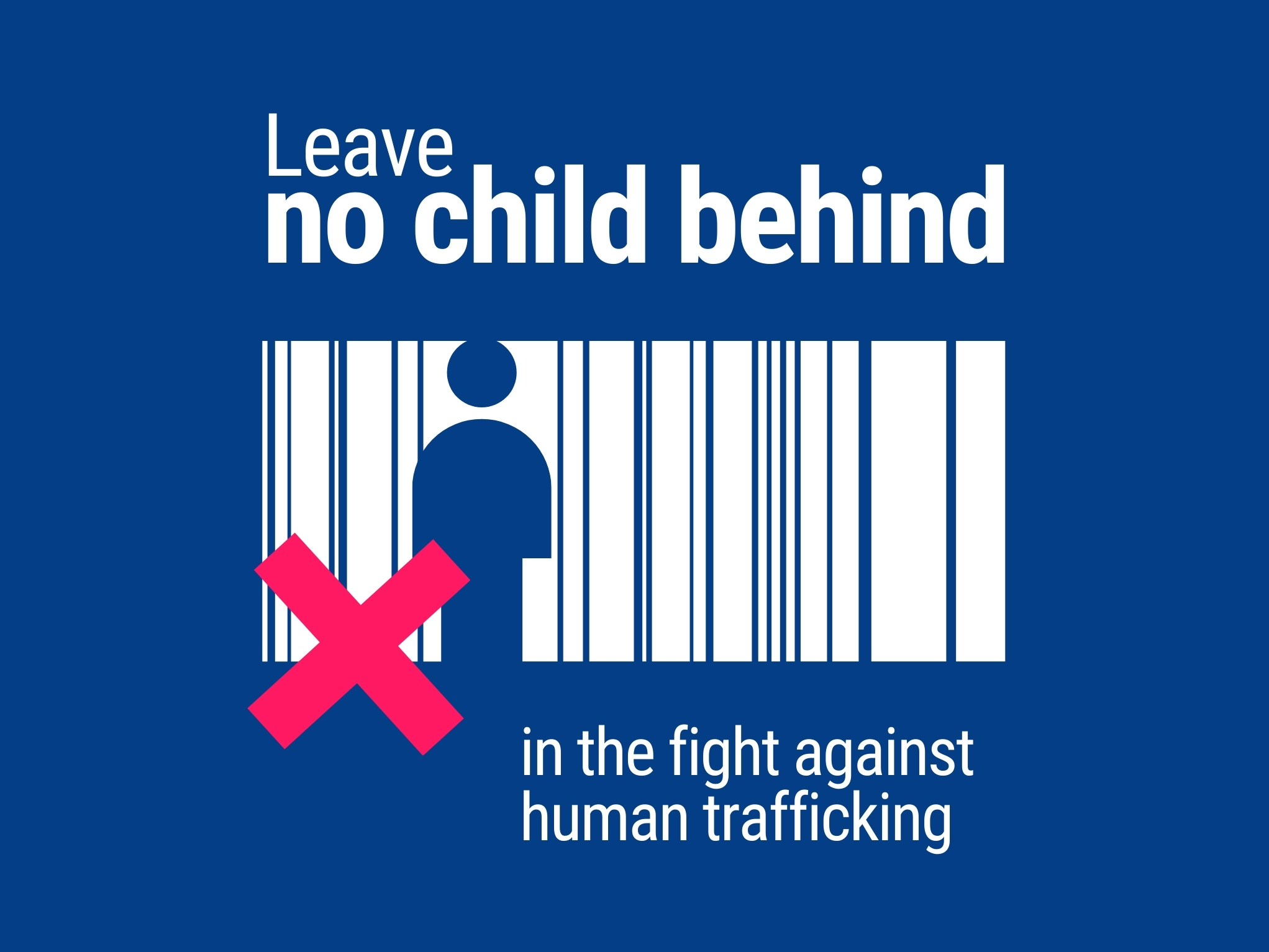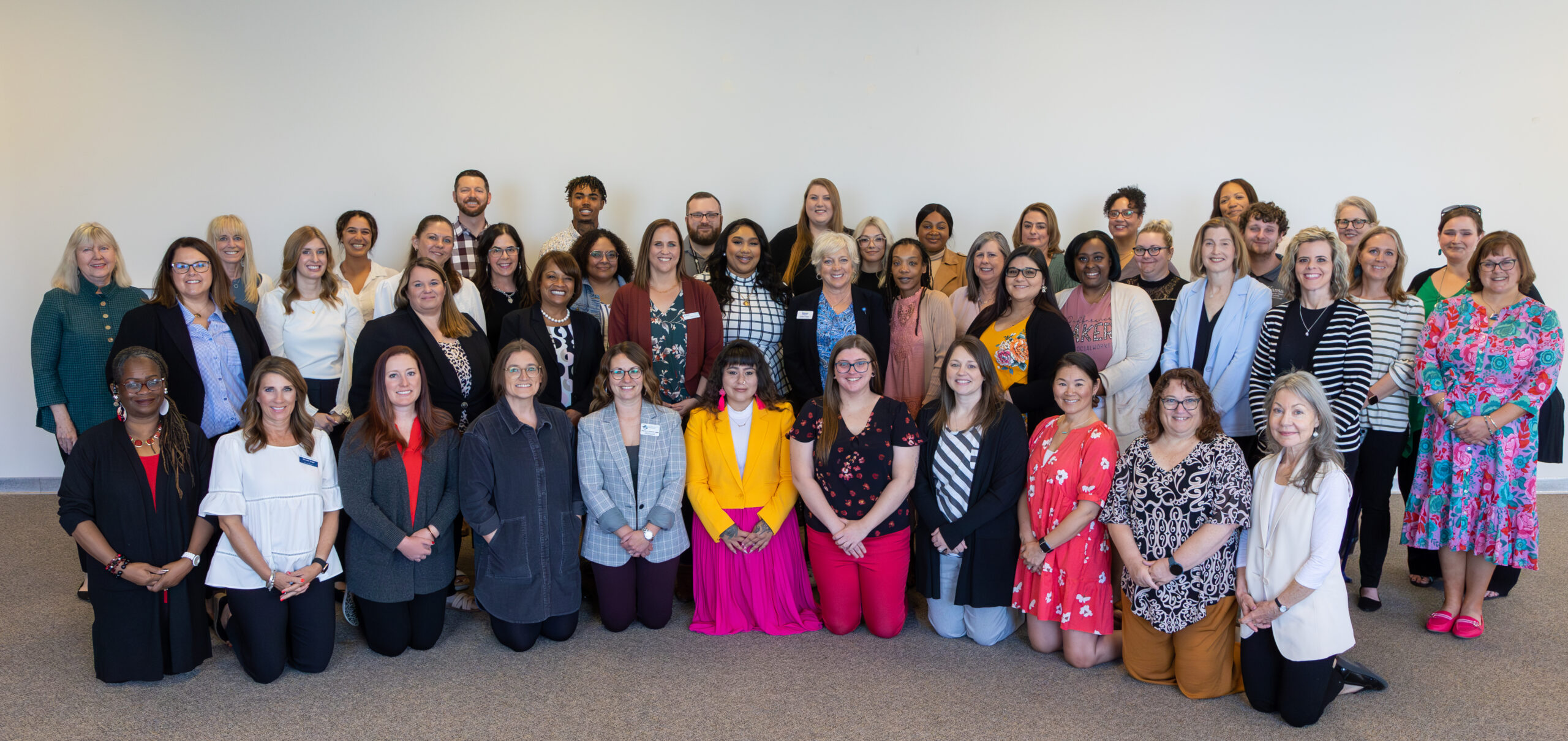As world leaders officially declared a coronavirus pandemic in March, Saint Francis Ministries’ policy and advocacy team began the important work of determining how children and families would be impacted. The work continues today as the United States and those we serve continue to be affected by COVID-19.
The team collaborated to gather information about the organization’s work on a national and international basis to build a plan that would allow them to advocate in ways that would better serve those who depend on us.
“It was important that we consider all aspects of what was occurring as we developed our advocacy response,” said Page Walley, chief public policy officer. “We had to look at federal policy and access to stimulus money that would support nonprofit programs serving children and families. We had to consider that many of our clients would be laid off from work, that we would see increased anxiety and stress among those we serve, and that our own employees would be significantly impacted as schools closed and spouses were laid off.”
The result was a plan using a multi- pronged approach that took into account all of those factors and allowed Saint Francis to be adaptive and creative in its response to the pandemic.
“Even as we looked at the COVID-19 pandemic as a health crisis, we also recognized that the necessary stay-at-home orders could put families, children, and communities at risk,” said Rachel Marsh, vice president of advocacy. “School closures, social distancing measures, economic impacts, and escalating stresses can increase risks of domestic and child abuse or neglect – all of which can have long-term impacts.”
Preparing Financially
To make sure Saint Francis and our community partners would be prepared financially to quickly adapt programs and services to protect children, families, and staff, the policy and advocacy team worked successfully in Washington to have nonprofits included in the federal stimulus package. Those funds were critical to ensure support for nonprofit family services providers to sustain and adapt to changing outreach approaches, such as expanded telehealth needs.
The grants and research members of the team worked with The Saint Francis Foundation in support of the Crisis Response Fund that encourages individuals and communities to help support the needs of foster care, kinship, family preservation, and other work being done at the local level.
Putting Family First
As experts in the Family First Prevention Services Act (FFPSA), federal legislation passed in 2018 that is considered the most significant change in child welfare in decades, Saint Francis leaders also delved into how the FFPSA could be used to help states in the current crisis.
“As the child welfare field explores ways to offset and address the impact of the pandemic on families and children, it makes sense to include the Family First Prevention Services Act as part of the response and recovery effort,” said Marlo Nash, national director of partnerships and policy. “FFPSA is a family-centered and trauma-informed law that gives federal, state, and tribal governments the ability to work in concert to reach, preserve, and treat any family whose child has become at imminent risk of entering foster care as a fallout from the pandemic.”
Partners who impact the child welfare system will need to work together to remove barriers to implementing the FFPSA and infuse existing and newly written prevention plans with provisions that are responsive to pandemic-induced adversities.
Trauma-Informed Care
“The impact and effects of the pandemic likely won’t be fully understood for months,” Marlo said. Early indicators show significant increases in mental health challenges, domestic violence calls, and in some areas, incidents of severe child abuse and child maltreatment reports. It underscores the importance of Saint Francis’ involvement with The National Trauma Campaign, a national grassroots campaign that focuses on urging government to incorporate trauma-informed policies into all of their work.
“The Campaign for Trauma-Informed Policy and Practice (CTIPP) launched just as COVID-19 began to spread worldwide,” Marlo said. “What the country faces now underscores the important message of CTIPP, which is how critical it is that evidence-based practices to strengthen children and families must be at the foundation of the policy decisions we make.”
The effects of trauma, in general – and now the impact of quarantining and the pandemic – must be addressed at every level of government for the sake of caring for children and families,” Marlo said.
Continuing efforts
The Saint Francis Policy and Advocacy team continues its work to support the life-changing programs and services Saint Francis Ministries provides. A significant part of their work is helping to educate government leaders, legislators, and other stakeholders about child and family well-being, and what evidence-based measures can be put in place to support our vulnerable and at-risk populations.
If you are interested in supporting the increased needs brought about by COVID-19, donations can be made online at saintfrancisministries.org by selecting the Crisis Response Fund.
This story was originally published in the June 2020 HiLites. Follow us on social media to learn more about what we do! Facebook and Twitter.





